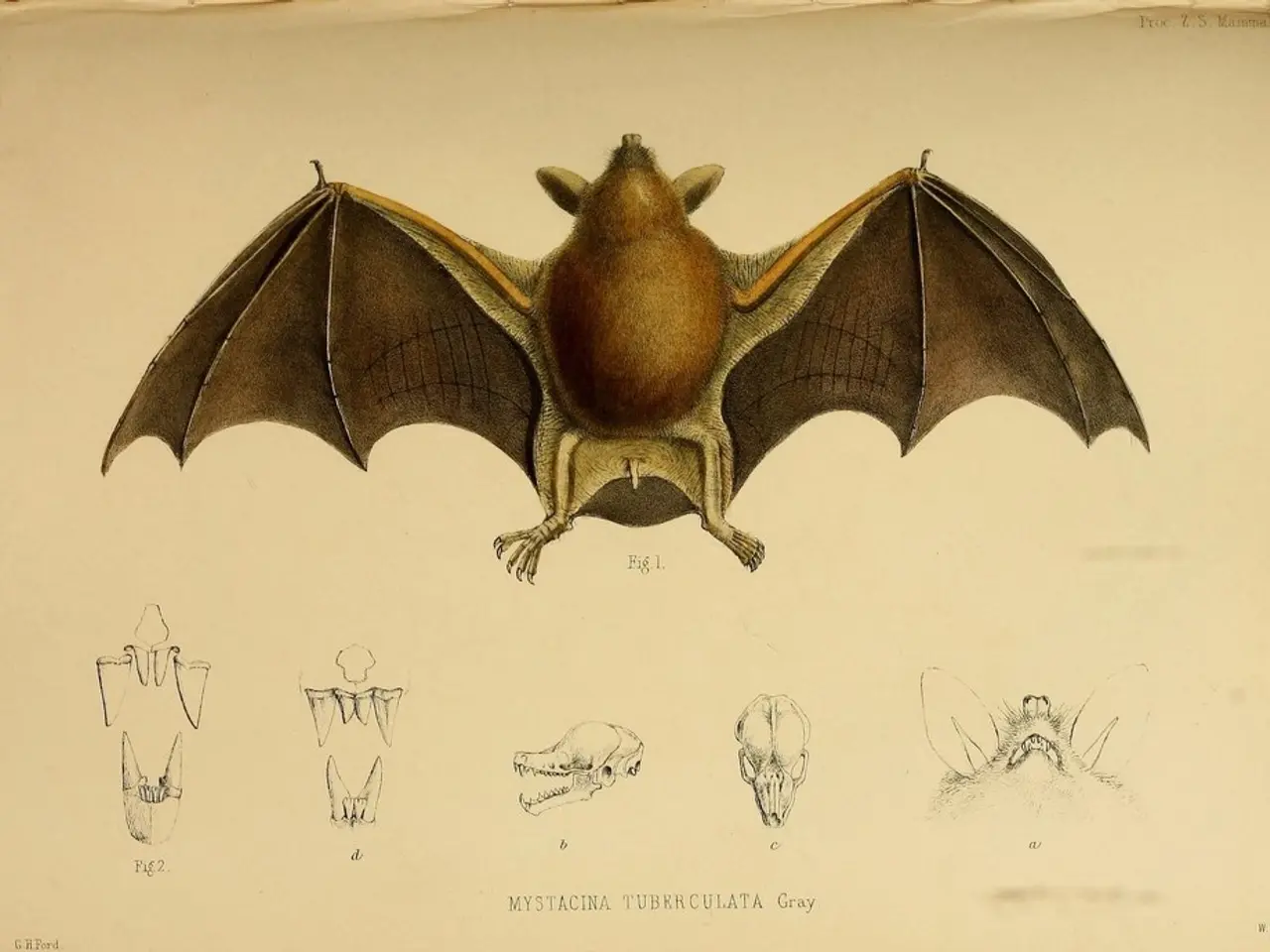Lyten implementing last measures for tariff protectiveness in its logistics operations
In the face of global geopolitical headwinds, European battery manufacturer Northvolt has faced challenging times, with the 2022 Russia-Ukraine conflict, rising lithium prices, and a slowing EV market outside of China taking a toll. However, American battery maker Lyten is seizing opportunities to expand, thanks to its strategic supply chain and manufacturing approach.
Lyten, based in California, has established a formal Mergers and Acquisitions (M&A) team to survey available assets for expansion needs. This team, known as the Lyten Business Development and Mergers & Acquisitions (BD & M&A) team, is actively looking for opportunities to grow manufacturing capabilities to meet the increasing demand for Lyten's batteries.
The demand for Lyten's batteries is particularly strong in the stationary storage sector, especially among data center developers. Lyten's batteries, which use sulfur and lithium metal, offer a higher energy density, making them lighter and composed of fewer ingredients. This unique feature has made them attractive to companies seeking more efficient and sustainable energy solutions.
One of the key factors that have contributed to Lyten's success is its onshored supply chain. Unlike many competitors, Lyten sources its lithium metal feedstock from the eastern U.S., manufactures the alloy in Pennsylvania, and converts it into lithium metal foils at its California manufacturing facility. This strategy has shielded Lyten from tariffs and critical mineral risk, giving it a competitive edge in the market.
Lyten's manufacturing strategy also involves brownfield development, converting shuttered lithium-ion factories into lithium-sulfur factories at a lower cost than building from scratch. This approach allows Lyten to quickly scale up production when demand increases, making it more agile in responding to market changes.
The company has already made significant strides in this regard. In a recent development, Lyten took over the facility lease and bought out all the equipment from Cuberg's San Leandro production facility in a single deal. Lyten expects to start shipping batteries out of that facility in 2026.
The ongoing tariff situation and potential for export controls on key critical minerals could provide more opportunities for expansion for Lyten. The company is seeing both equipment and full facilities come up for sale, and the M&A team is optimistic about the "growing opportunities" for Lyten to expand manufacturing to meet the new demand.
In contrast, Northvolt, a European rival, has faced significant challenges. The company's ambitious plan to create an entire battery ecosystem in Europe from scratch to supply European OEMs has been marred by production issues, factory cancellations, and delayed IPOs. In November 2022, Northvolt filed for bankruptcy, with many experts agreeing that the company had tried to do too much, too soon.
Lyten, on the other hand, is hoping to avoid Northvolt's fate by using a "last-minute" approach to manufacturing, building capacity only once orders are in hand. This strategy, coupled with its strategic supply chain and manufacturing approach, has positioned Lyten well to capitalise on the growing demand for lithium-sulfur batteries in the global market.
Read also:
- Antitussives: List of Examples, Functions, Adverse Reactions, and Additional Details
- Asthma Diagnosis: Exploring FeNO Tests and Related Treatments
- Enhancing Air Quality within Social Housing Complexes
- Federal clash in California: two legal cases could potentially align, as a notice is published in the Federal Register








